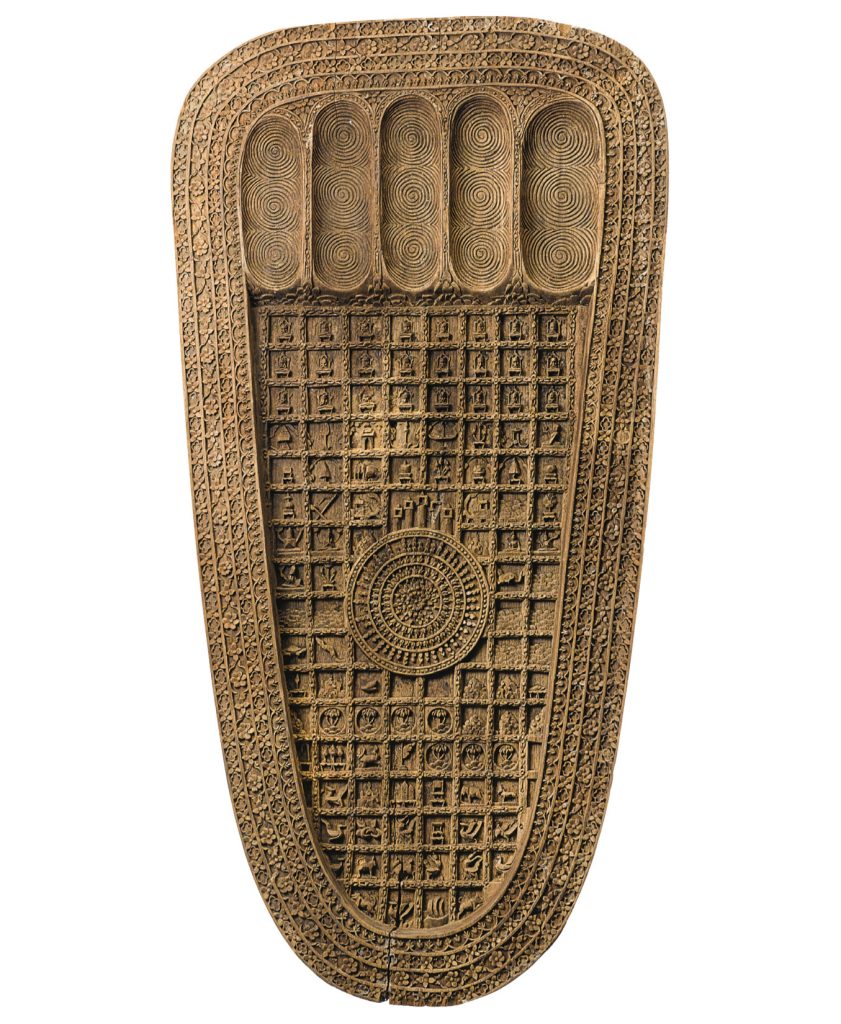The person known to us as the Buddha went by many names in his time. While growing up, he was known by his given name, Siddhartha; when wandering as a renunciate, he used a name from his mother’s lineage, Gautama; sometimes he was called the sage of his father’s Shākya line, Shākyamuni; and his followers always addressed him with the honorific title Bhagavā, which is usually translated as “Lord” or “Blessed One.” After his enlightenment, however, whenever he referred to himself, he invariably used the curious term Tathāgata.
The Buddha himself seems to have invented this word. The first half of the term is straightforward: it is the common adverb “thus” (tathā-). But the second half, based on the past participle of the verb meaning “to go,” can be taken either as “gone” (-gata) or “come” (-āgata). We tend to favor the former and translate it literally as “The One Who Has Thus Gone.” But what does this mean?
To begin with, the term is referring to a process rather than an entity, which is in keeping with the Buddha’s teachings about everything being in flux. All agent nouns are contingent constructions anyway, so it would not do for him to go by an ordinary name. Even buddha is a descriptive title rather than a name, referring to one who has awakened to an enlightening experience.
Hints of the origins of the term can be found in the suttas. One such hint is in a touching poem in the Khuddaka Nikaya that soothes a mother’s grief at the loss of her son (Therīgāthā 127–132). We find birth and death referred to twice in the poem as a process of “coming and going” (āgatassa gatassa), followed by the expression “As he has come, so has he gone” (yathāgato tathā gato). The phrase gato means “to depart,” but in the case of the Buddha we know he was not reborn, so the term would necessarily apply to him in a different way.
We find another clue in a story told of seafarers who release a bird they’ve brought with them when they think they’re approaching shore (Anguttara Nikaya 6.54). If the bird does not return to the boat (a sign that it has found land nearby), the story says, it is “gone for good” or “truly gone” (tathāgatako).
It is likely that the label Tathāgata refers to the Buddha as a person who has quenched the fires of greed, hatred, and delusion such that he will no longer be reborn. He will live out his life, wandering and teaching, but after the inevitable dissolution of his body he will be truly gone, leaving no traces behind—other than the dhamma and the sangha, of course.
Thank you for subscribing to Tricycle! As a nonprofit, we depend on readers like you to keep Buddhist teachings and practices widely available.
